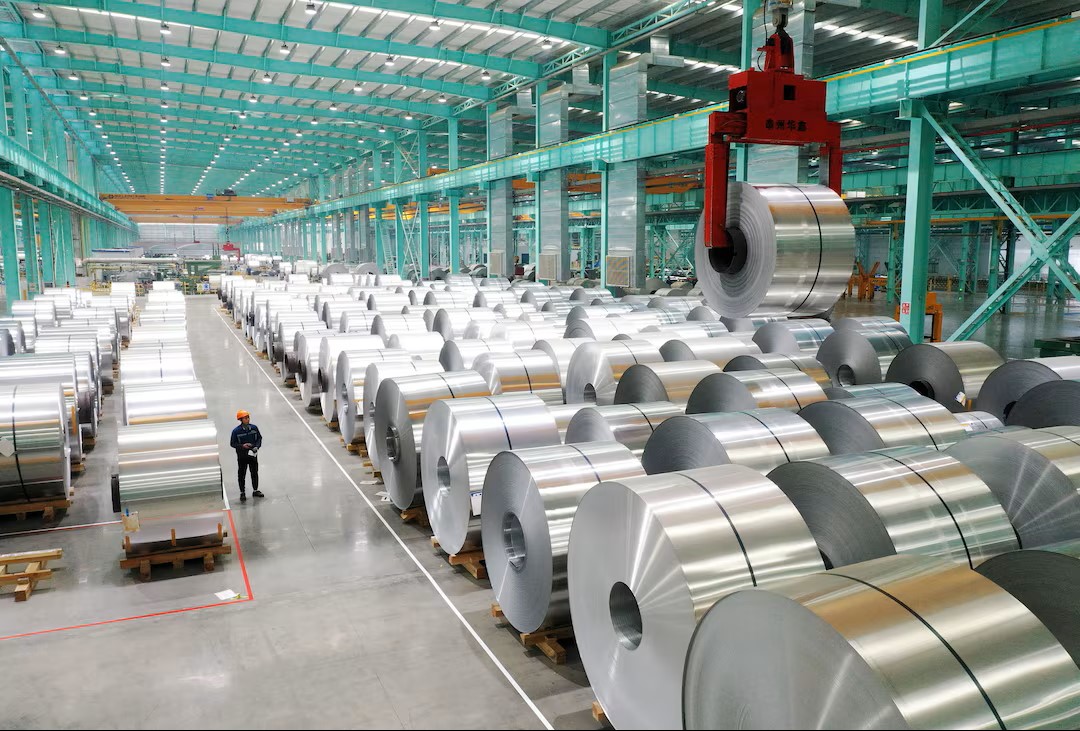BEIJING – China’s producer prices fell at the sharpest rate in nearly two years in June, reflecting persistent economic pressures from weak domestic demand and global trade tensions, raising expectations for further policy stimulus.
The producer price index (PPI) dropped 3.6% year-on-year, worse than May’s 3.3% decline and marking the steepest fall since July 2023. The figure also missed Reuters’ forecast of a 3.2% drop, underscoring challenges for export-reliant manufacturers.
“Some export-oriented industries are facing pricing pressures,” said Dong Lijuan, a statistician at China’s National Bureau of Statistics (NBS). “Uncertainty in the global trade environment has hurt export expectations.”
Meanwhile, the consumer price index (CPI) inched up 0.1% in June, ending a five-month streak of declines but remaining weak. The marginal rise was driven by a rebound in industrial goods prices, though sluggish housing demand and U.S. tariffs continued to weigh on sentiment.
Factory Struggles and Policy Dilemma
China’s manufacturing sector contracted for a third straight month in June, with employment and export orders still in decline. Analysts warn that weakening global demand and fading fiscal stimulus could further dampen growth.
“We expect demand to soften later this year as exports slow and fiscal support wanes,” said Zichun Huang, China economist at Capital Economics.
Retail Weakness Sparks Discount Wars
With domestic consumption still muted, companies are slashing prices to spur sales—prompting regulators to intervene in sectors like autos, where cutthroat discounting has squeezed margins. E-commerce giants Alibaba and JD.com have also rolled out heavy subsidies to attract buyers.
While core inflation (excluding food and energy) rose to 0.7%, its highest in 14 months, economists caution that the uptick may be temporary.
Rate Cuts on the Horizon?
The People’s Bank of China (PBOC) may have room for further monetary easing, analysts say, as low inflation and a stable yuan provide flexibility.
“We expect the next rate cut in Q4 unless economic conditions worsen sharply,” said Lynn Song, ING’s chief China economist.
As policymakers balance weak price trends and trade risks, markets remained cautious—with China’s Shanghai Composite up 0.3%, while Hong Kong’s Hang Seng fell 0.7%. The data highlights the fragile recovery facing the world’s second-largest economy.














